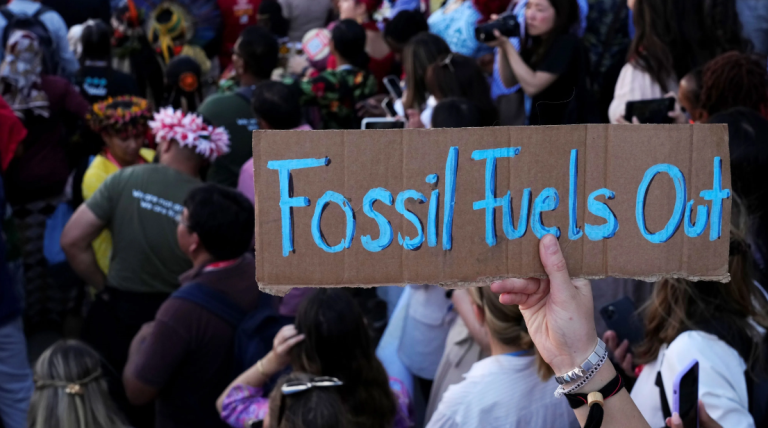Democratic Backsliding: Challenges to Democracy and Civil Liberties Worldwide
Democratic Backsliding: Challenges to Democracy and Civil Liberties Worldwide
Introduction:
In recent years, democratic backsliding has emerged as a significant threat to democracy and civil liberties worldwide, posing challenges to political freedoms, human rights, and the rule of law. While democracy has made significant strides globally, authoritarian tendencies, populist movements, and institutional erosion have undermined democratic norms and institutions in many countries. In this article, we will explore the phenomenon of democratic backsliding, examine its underlying causes and consequences, and discuss strategies for safeguarding democracy and civil liberties in an increasingly polarized and uncertain world.
1. Understanding Democratic Backsliding:
a. Definition and Concept:
Democratic backsliding refers to the gradual erosion or reversal of democratic norms, institutions, and practices, leading to the consolidation of authoritarian power and the erosion of civil liberties. Backsliding can take various forms, including electoral manipulation, attacks on the media and civil society, judicial erosion, and executive overreach, undermining the checks and balances essential for democratic governance.
b. Causes and Drivers:
The causes of democratic backsliding are complex and multifaceted, influenced by factors such as political polarization, economic inequality, social unrest, and external interference. Populist leaders and authoritarian regimes often exploit grievances and vulnerabilities within society to undermine democratic institutions and consolidate power, using tactics such as misinformation, propaganda, and repression to suppress dissent and opposition.
2. Challenges to Democracy and Civil Liberties:
a. Erosion of Democratic Norms:
Democratic backsliding often involves the erosion of democratic norms and values, such as respect for human rights, freedom of speech, and the rule of law. Authoritarian leaders and populist movements undermine democratic institutions and norms, weakening the separation of powers, stifling political dissent, and curtailing civil liberties in the name of national security or stability.
b. Attacks on the Media and Civil Society:
A free and independent media and civil society are essential pillars of democracy, serving as watchdogs and advocates for transparency, accountability, and human rights. However, authoritarian regimes and populist leaders often target the media and civil society organizations, labeling them as “enemies of the state” or “foreign agents” and imposing censorship, harassment, and legal restrictions to silence dissent and control the narrative.
c. Judicial Erosion and Executive Overreach:
Democratic backsliding often involves the erosion of judicial independence and the concentration of power in the executive branch, undermining the separation of powers and checks and balances essential for democratic governance. Authoritarian leaders and populist governments seek to undermine the judiciary’s independence, weaken constitutional constraints, and expand executive authority, undermining the rule of law and democratic accountability.
3. Consequences of Democratic Backsliding:
a. Erosion of Trust and Legitimacy:
Democratic backsliding undermines public trust and confidence in democratic institutions and processes, eroding the legitimacy of governments and political leaders. Citizens become disillusioned with the democratic system, viewing it as corrupt, ineffective, or unresponsive to their needs, leading to political apathy, disengagement, and alienation from the political process.
b. Human Rights Violations:
Democratic backsliding often results in human rights violations, including arbitrary detention, censorship, surveillance, and repression of political opposition, dissent, and minority groups. Authoritarian regimes and populist governments use intimidation, violence, and legal harassment to suppress dissent and undermine civil liberties, violating fundamental rights and freedoms enshrined in international law.
c. Democratic Regression:
Democratic backsliding can lead to the regression of democracy, with countries transitioning from consolidated democracies to hybrid regimes or outright authoritarianism. The erosion of democratic institutions, norms, and practices undermines democratic governance, opening the door to authoritarian rule, political instability, and social unrest.
4. Strategies for Safeguarding Democracy and Civil Liberties:
a. Strengthening Democratic Institutions:
Safeguarding democracy requires strengthening democratic institutions, including independent judiciaries, free and independent media, impartial electoral commissions, and robust civil society organizations. Governments, international organizations, and civil society must work together to protect democratic institutions from interference, manipulation, and erosion.
b. Promoting Civic Education and Engagement:
Civic education and engagement are essential for building a vibrant and resilient democracy, empowering citizens to participate actively in the democratic process, advocate for their rights, and hold governments accountable. Governments, schools, and civil society organizations must invest in civic education programs that promote democratic values, critical thinking skills, and civic responsibility from an early age.
c. Upholding International Standards and Norms:
Upholding international standards and norms is essential for defending democracy and civil liberties worldwide, ensuring that governments respect and protect human rights, rule of law, and democratic principles. International organizations, such as the United Nations, the European Union, and regional bodies, play a crucial role in monitoring, reporting, and addressing violations of democracy and human rights, holding governments accountable for their actions.
Conclusion:
Democratic backsliding poses significant challenges to democracy and civil liberties worldwide, undermining the foundations of democratic governance and threatening the rights and freedoms of citizens. To safeguard democracy and civil liberties, governments, international organizations, and civil society must work together to strengthen democratic institutions, promote civic education and engagement, and uphold international standards and norms. By defending democratic values and principles, protecting human rights, and holding governments accountable for their actions, we can uphold the promise of democracy and ensure a more just, inclusive, and democratic future for all.
For more information visit: cryptcpm.tech
For more information visit: newsburing.com







